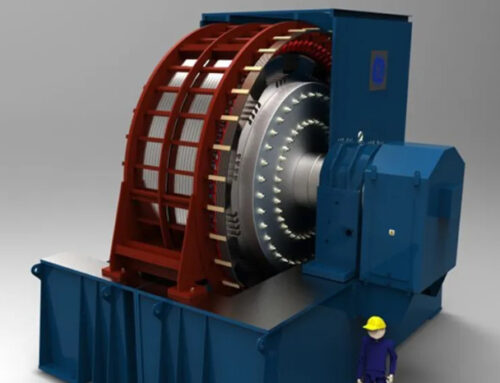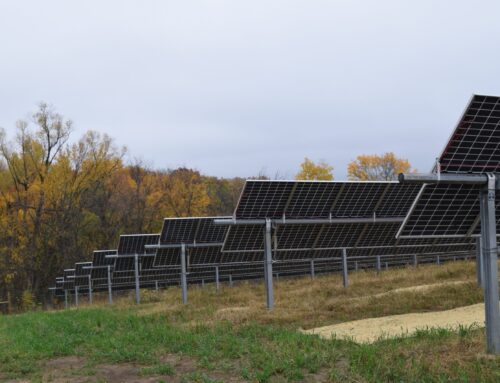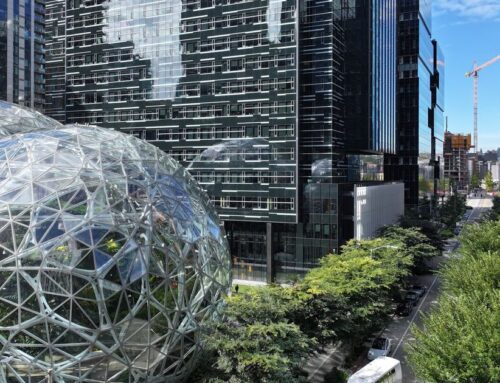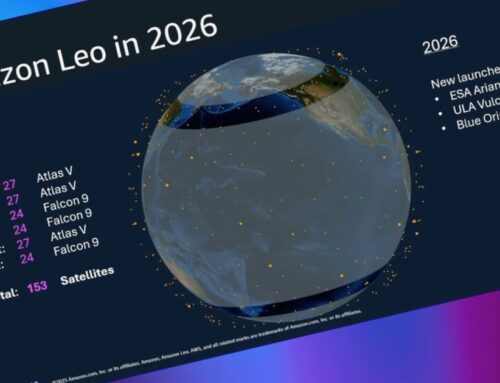What a Sale Means for the Portland Trail Blazers
May 14, 2025
The Portland Trail Blazers announced yesterday that the franchise would be put up for sale for only the second time in team history. This event is rarer than any save the 1977 World Championship. The Blazers have picked first in the NBA Draft, reached the NBA Finals, and fielded All-NBA players more often than they’ve changed owners. So far that list has comprised two entities: Larry Weinberg and his original ownership group, The Allen Family, Paul and his sister Jody. A third name is about to be added.
Since the news broke, the Blazer’s Edge Mailbag has been populated with questions about various permutations and possibilities. Uncertainty will continue to percolate until the sale is consummated, a process that could take months, maybe even longer.
Rather than address them one by one, we’ll run them down in an omnibus post here. Thanks to everyone who has been writing in! Hopefully your question is answered in this post.
The biggest question on people’s minds seems to be whether the team will be moved as the result of a sale.
The current lease agreement between the Blazers and the city runs through 2030. The Blazers have an option to extend that agreement through 2035. That’s not a terribly long window, but it’s probably enough to prevent an immediate move. The new owners will have five years, more or less, to ruminate on the possibilities.
It’s likely that the Moda Center itself will stand at the eye of the storm. The arena is old. The lease agreement included renovation possibilities. Will that be enough for ownership or will they want a new facility entirely? If renovations are on the table, who will pay for them?
One of the side effects of franchises costing so much—the Blazers’ estimated value is $3.65 billion—is that new owners want to generate return and have things running optimally as soon as possible. A change in ownership is likely to push the Moda Center’s condition and revenue potential to the forefront. The threat of moving often becomes leverage in battles over arena remodels. That’s the only permutation I can foresee that puts a potential move on the front burner.
Organically—based on tradition, attendance, stability, and probably revenue—there’s no reason to speculate that an ownership change means losing the Blazers. The idea probably goes under the category of “more trouble than it’s worth” for the league, the franchise, and its owners.
Absent evidence to the contrary, there’s no reason to speculate that the Blazers are going anywhere. Negotiations with the city may take on new intensity. We may see a campaign for a new arena take shape. Ticket price structures and vendor agreements may change. We’ll see quirks and swerves peculiar to the new owners. But all of those things will probably happen in Portland. not Kansas City or Fargo.
That story may change, but until we see an overt shift towards relocation, dwelling on it is probably wasted nerves.
The fate of management may not be so secure, however. The Blazers just signed General Manager Joe Cronin and Head Coach Chauncey Billups to multi-year contract extensions. Those deals now become a golden parachute, insurance in case new owners want to install their own personnel. Cronin and Billups will either be in the driver’s seat or left on the side of the road with their current contracts paid out. Either way, the move was a gesture of loyalty. It also prevented the team from being in a dual role of looking for new owners while hiring a new management team, a situation akin to making huge renovation decisions about a house you just put on the market. That’s not usually done. Install the beige carpet, get a neutral backsplash, and let the new owners make decisions about paint colors and load-bearing walls.
Cronin and Billups may not be safe, however. Seldom does someone buy a toy without wanting to play with it. Decisions about the General Manager and Head Coach are two of the direct ways in which owners influence their organizations. Whether a new ownership team will want to ride with incumbents for the next three years or install their own leaders remains to be seen.
Those leadership decisions have a trickle-down effect on the composition of the team. Throughout the season-ending reviews we highlighted a key dichotomy disrupting the evaluation of the team: Is this player good in absolute terms or are they “Good, for the Blazers”? Grading on a rigid scale compared to the rest of the NBA produced quite different results than measuring the Blazers against themselves, highlighting their internal progress. Many of the positive developments surrounding the team were positive only compared to worse results in the past. Measured against the NBA norm, Portland still lagged behind.
You can see the issue. Current ownership will be more likely to value Portland’s progress than absolute results. They’ve walked through the long journey of deconstruction and reconstruction. To them, Scoot Henderson is the guy they drafted, the franchise hope who plunged off a cliff but has now begun to make the journey upward and is deserving of praise. A new owner, judging abstractly, will have one question: is Scoot Henderson a good NBA point guard? The jury is still out. That culture shift—especially if it comes jarringly, with a shift in upper management—could have dramatic results.
And that’s the basic lesson here. I’m pretty sure that Toumani Camara will remain Toumani Camara over the next few years. Nobody’s going to look at him and say, “We don’t want his defense and low salary. Dump him.” But is Deni Avdija still going to get free rein on the floor? Are Anfernee Simons and Deandre Ayton worth re-signing? Is the head coach a player developer and motivator or is he the guy who lost 2 out of every 3 games for four years straight? What’s the tolerance for spending overall, or exceeding the luxury tax threshold? Is the plan to develop cap space or keep the current roster going? Do the Blazers need major trades or a few veterans to support their already-impressive growth?
Three days ago, we had presumptive answers to those questions, or at least pretty good clues. Now we’re not so sure. Everything that we thought we knew about this franchise can no longer be taken for granted. That may be a good thing, given their relative lack of performance for the last two decades. It will also be a scary thing. Change always is.
There are no guarantees when it comes to the Blazers anymore. But ask yourself, would it be better to have the kind of assurances we’re familiar with, the kind that have governed this franchise for the last forty years, almost? Or will a new beginning be valuable?
I don’t think ownership and management have been as problematic as some fans do. I’m willing to give Jody Allen and company credit and benefit of the doubt. But I also think those same things can be extended to new owners. They, like Allen, will have to prove they deserve it. Giving them a chance might not be the worst thing. The same storm brewing on the horizon could, under the right conditions, turn into a breath of fresh air blowing through a franchise that needs same.
Thanks everybody for all the questions. If you have a specific one we didn’t address adequately—or if you have non-ownership-related questions even—be sure to send them to blazersub@gmail.com and we’ll get to as many as we can!
Search
RECENT PRESS RELEASES
Related Post




